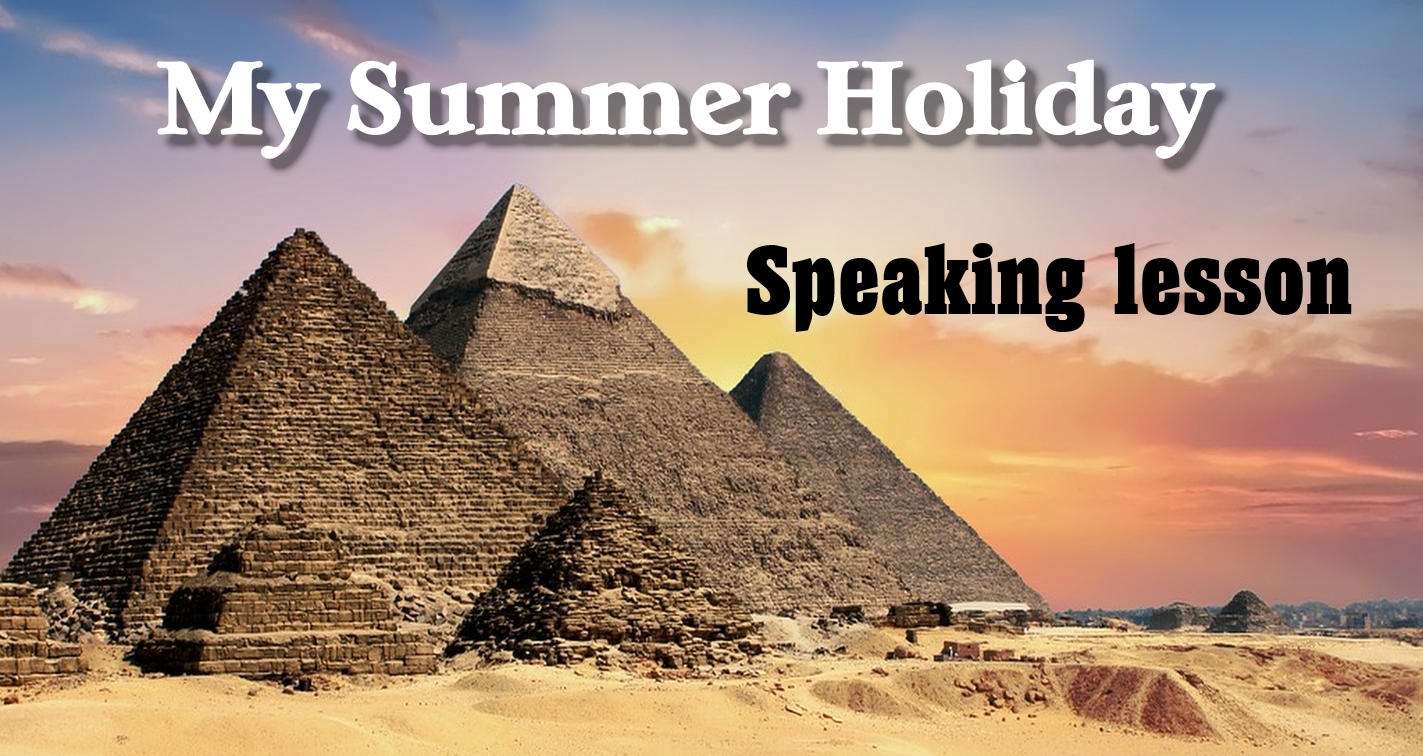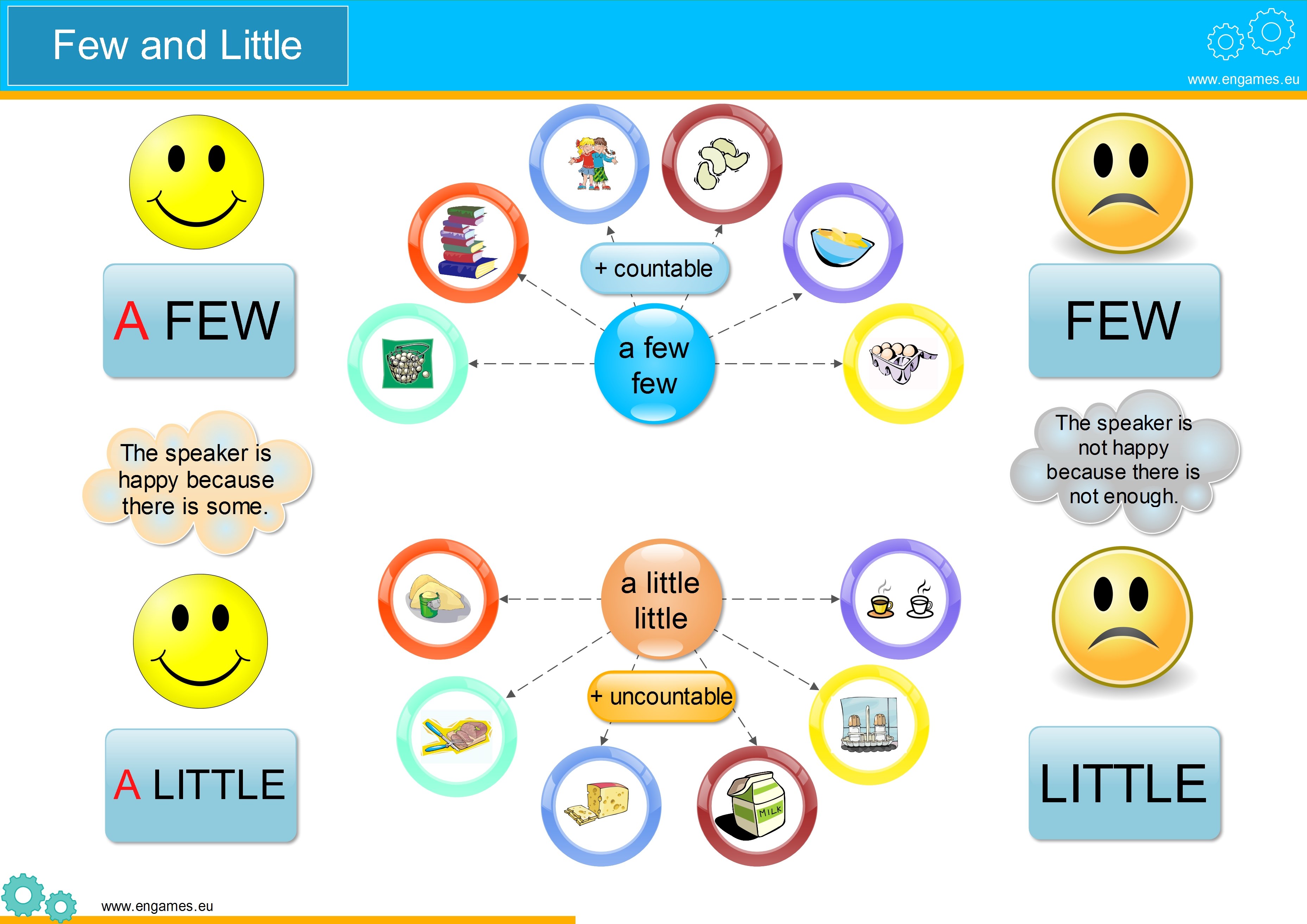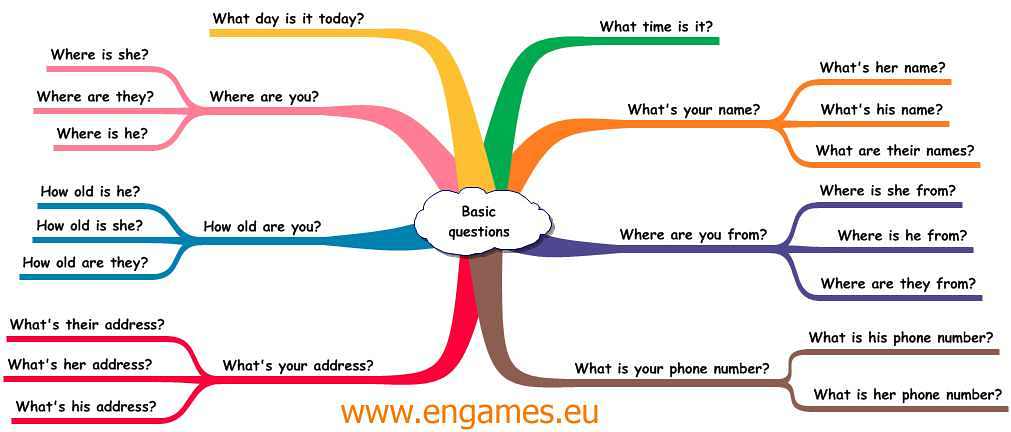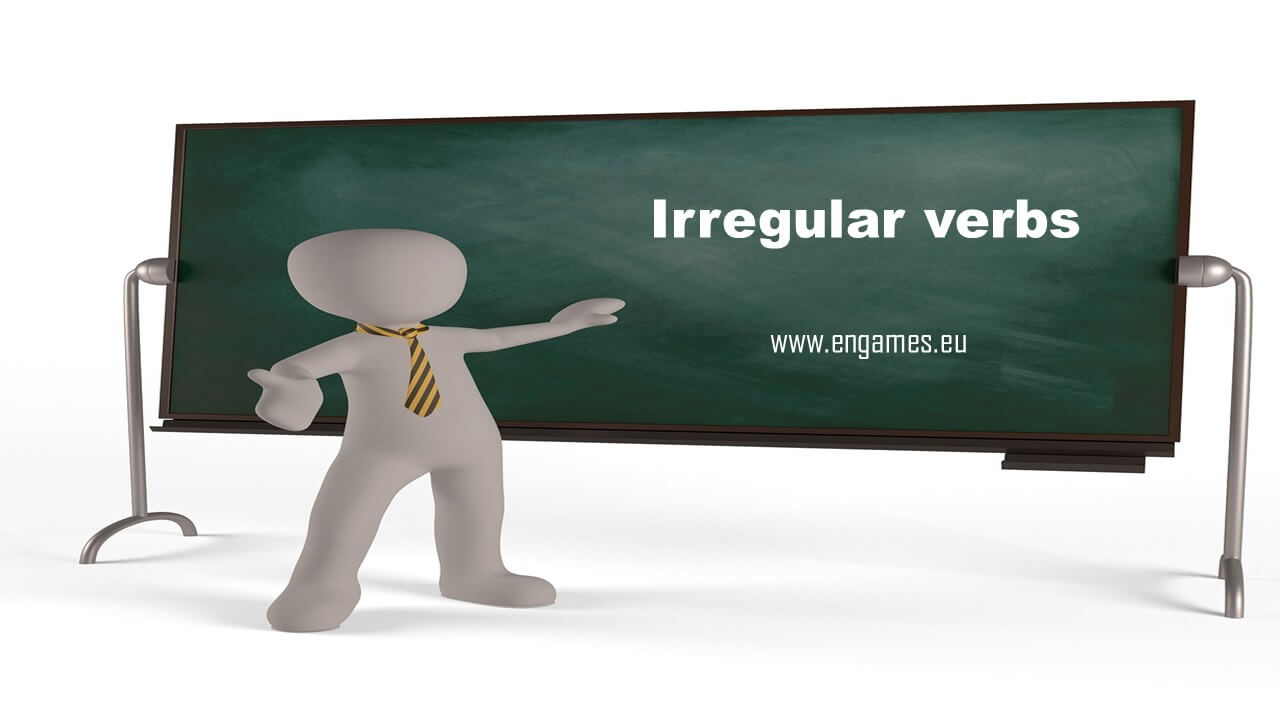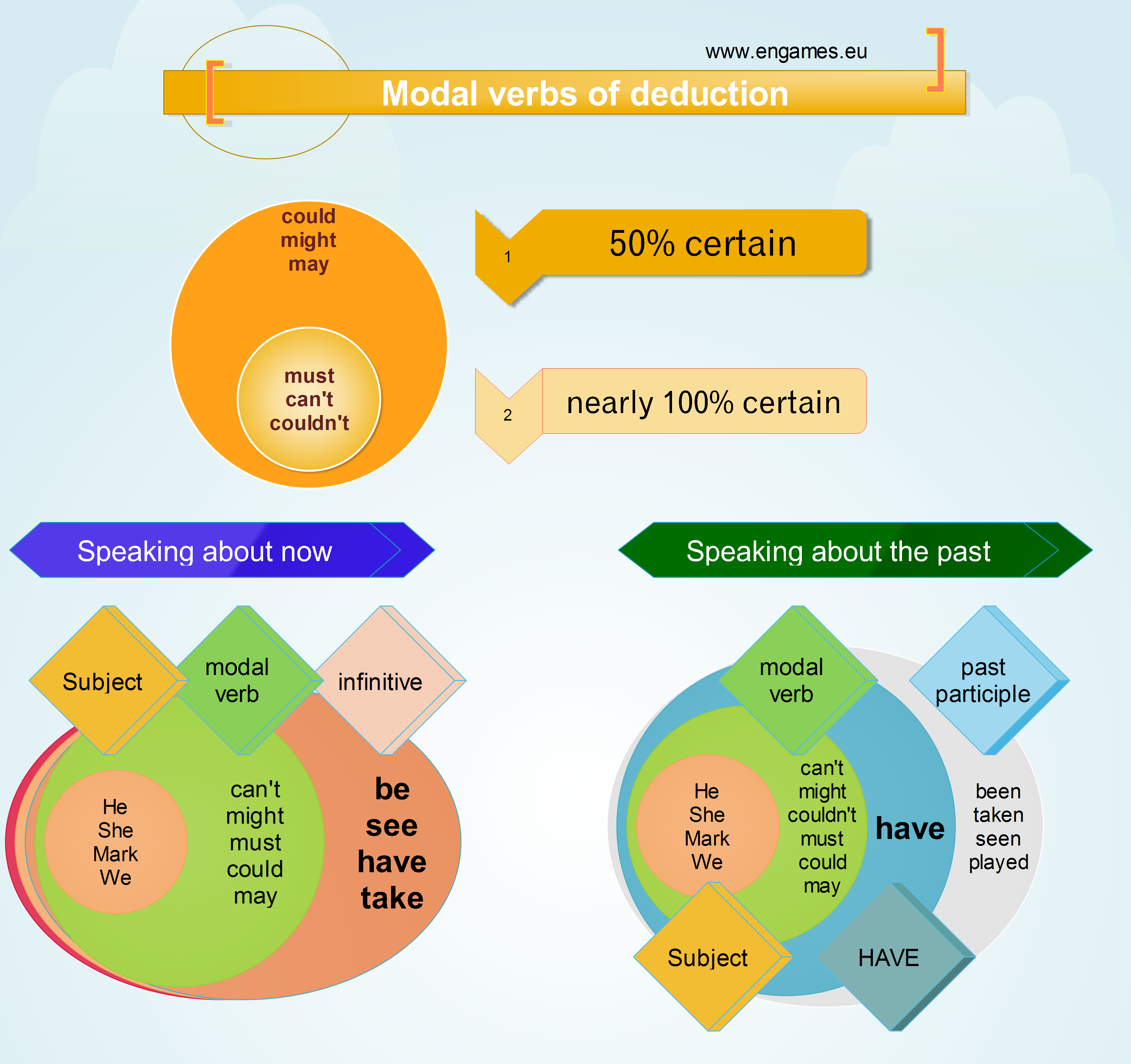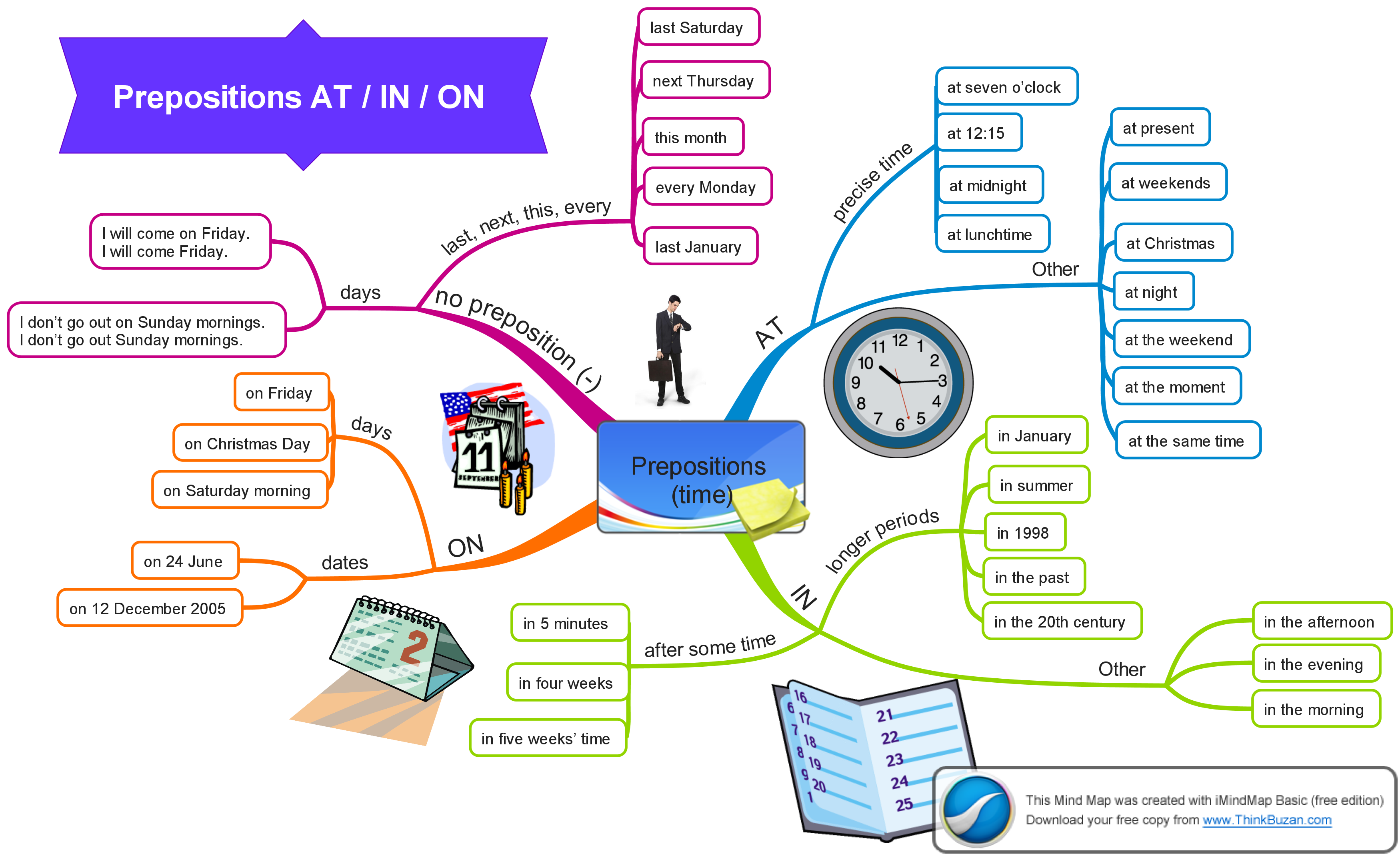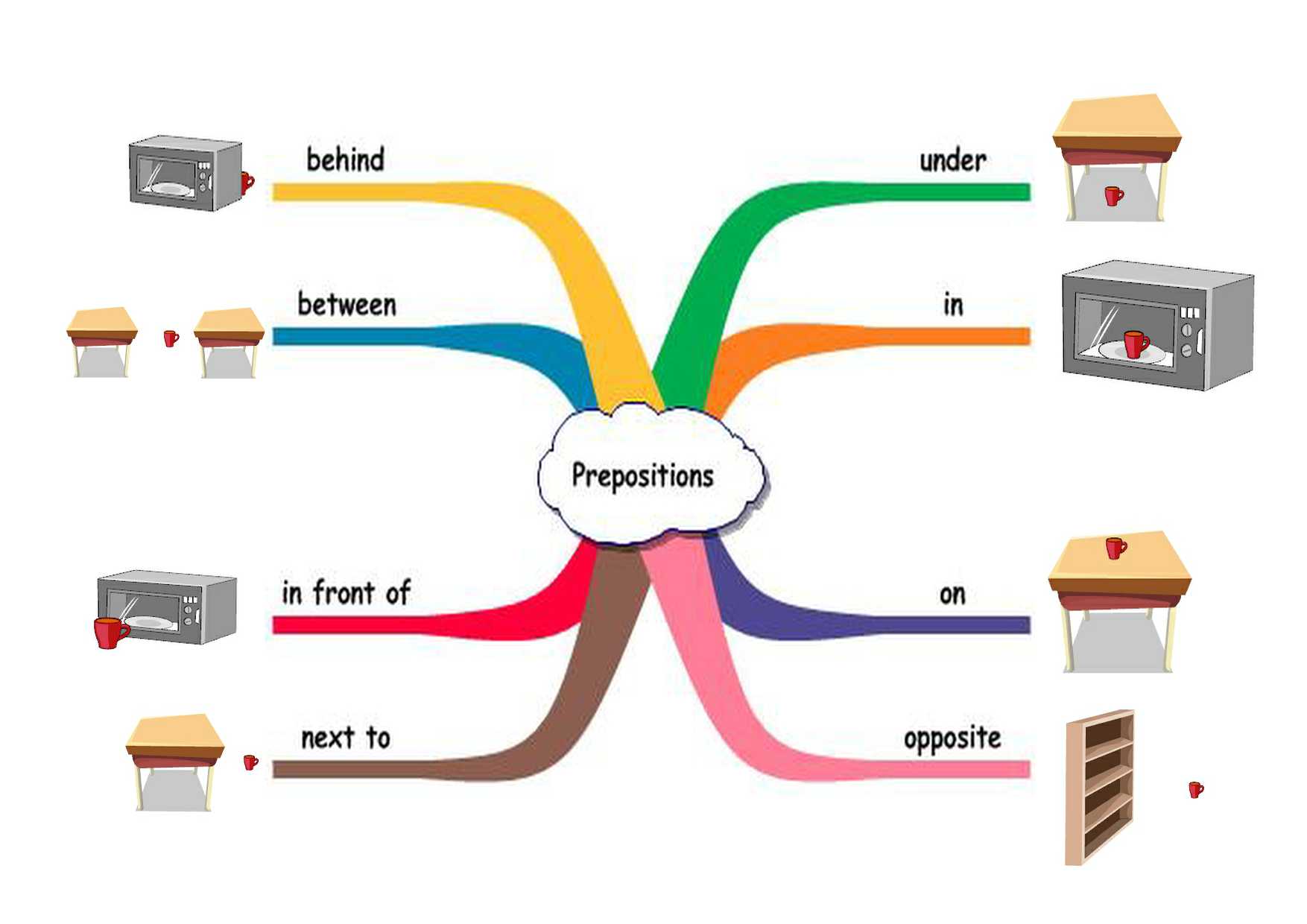My Holiday – speaking lesson
Once we return from the summer holiday, I would love to hear my students telling me where they were and what they did there. Some might be able to do it straight away, drawing on what they learned in the past, but most of them will be silent. To prevent the silence, I have designed the following lesson to help my students revise what they know and give them the language they will need to be able to speak about their summer holiday.
This lesson consists of the following parts:
- Introduction of the language and grammar.
- Listening exercise
- Writing about my holiday (guided by the listening exercise)
- Speaking about my holiday (using what the students have written)
- Dictation
- Speaking exercise
- Writing about my someone else’s holiday.
ADVERT:
[showmyads]
In my opinion, this sequence will lead the students to speak fluently about their holiday and to understand the others.
At the end of this video, students will understand a simple narration about a holiday and they will know the language chunks they will use when they speak about their holiday. The format is inspired by www.rocketlanguages.com lessons. The explanation is in my students’ mother tongue (Czech). If you would like to make such a video for your students, I will happily send you the script and if you record it in the language you need, I will create the video for you. Just contact me at rotreklzdenek@gmail.com.
The procedure is really simple. Students watch the video and react as the speaker demands. It is very useful and the students can replay the video at home, too.
My Holiday – using the language
Now the students know the language so they should use it.
Print the following worksheet for each student.
The second page of the worksheet should be used in a follow-up lesson as a revision. In the exercise no. 4 students complete the first column with the information about them. Then the teacher puts the students into pairs and each student completes the second column with their guesses about their partner. Then the students read their guesses and their partner tells them whether they are right or wrong.
If your students are quite good, you can ask them to form questions. However, if you feel this might be a bit too difficult, it is enough if the students just read the sentences as they are and their partner tells them YES or NO.
In the sixth exercise, students write about their partner’s holiday. Collect what they write and correct their mistakes and use them for another lesson.
I hope you like this lesson and that it will be useful to you.
In the first exercise, students listen to the following recording and complete the first exercise:
You can use this video even without the worksheet. Students just watch the video and note down their answers on a piece of paper. You can see the correct answers at the end of the video.
ADVERT:
[showmyads]
In the second exercise, students write about their holiday. They use the phrases and language from the first exercise.
Then students work in pairs and read their texts to their partner. Student swap partners at least twice. Then they put the worksheet away and they try to speak about their holiday without the paper.
In the last exercise on the first page, students listen to the following recording and they complete the text with the missing words.
Once again, you can see the correct answers at the end of the video.
